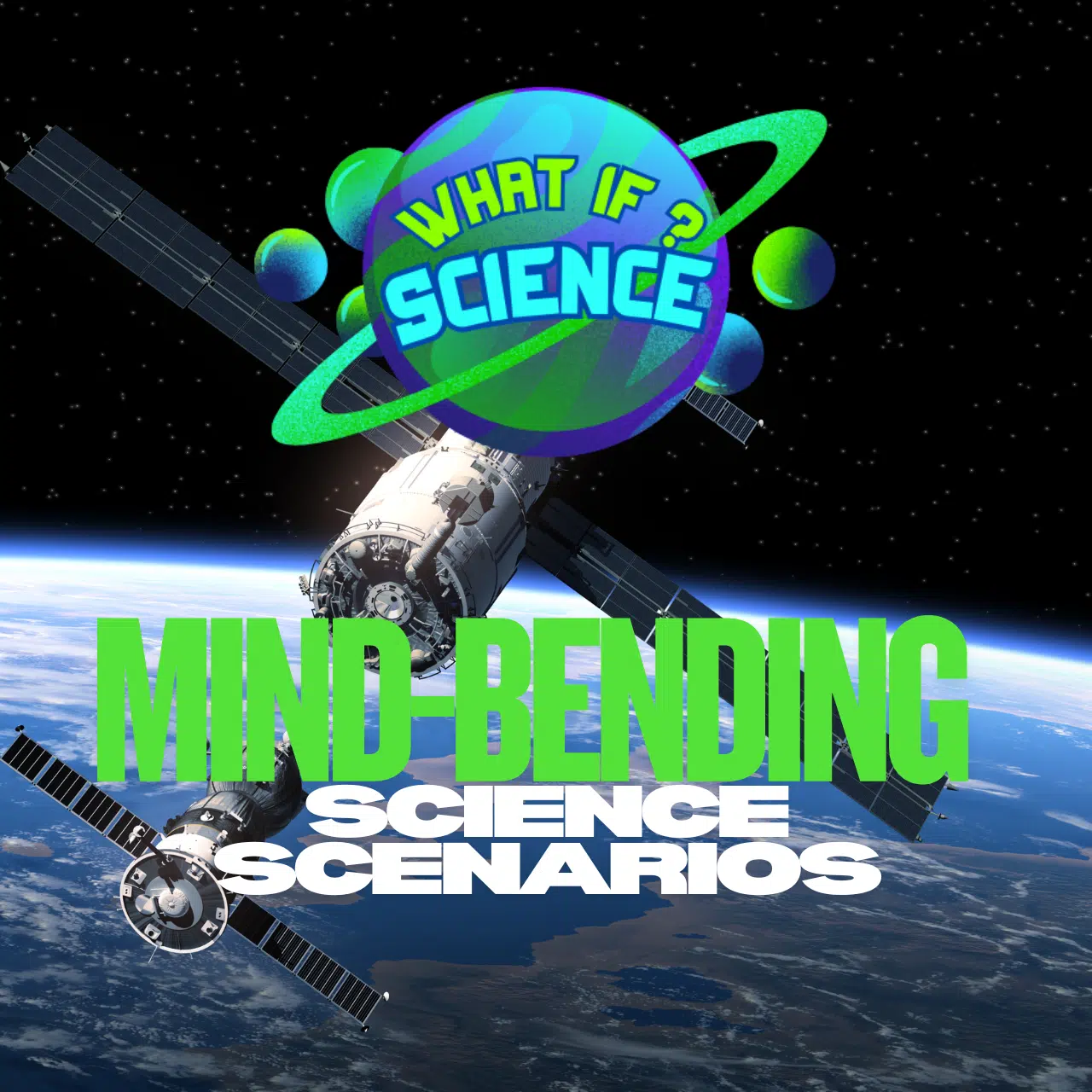Have you ever wondered what would happen if Earth’s rotation slowed dramatically, taking days, weeks, or even months to complete just one spin? Our planet currently rotates once every 24 hours, creating the familiar cycle of day and night. But if Earth’s rotation slowed to a crawl, the consequences for life, climate, and even geography would be nothing short of extraordinary.
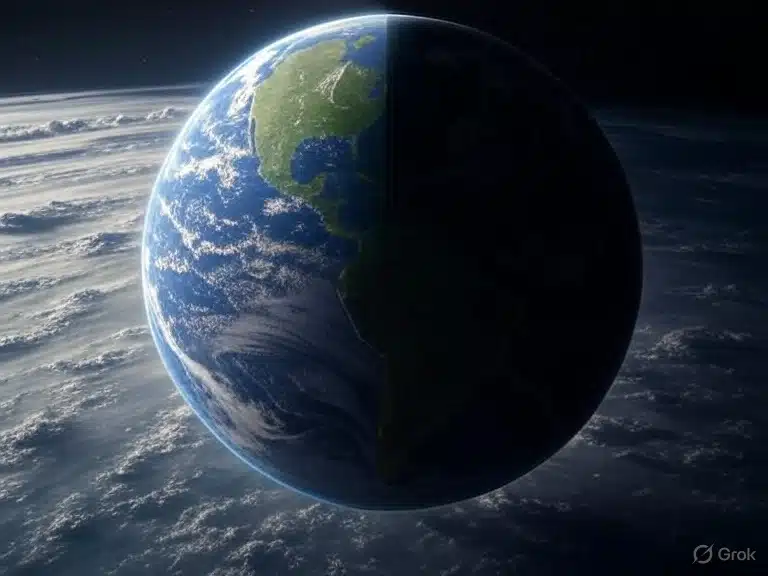
Longer Days and Nights
The most immediate effect would be extended days and nights. Instead of 12 hours of daylight followed by 12 hours of darkness, one side of the planet could experience scorching sunlight for weeks, while the opposite side would plunge into freezing darkness.
Humans, animals, and plants evolved around a 24-hour cycle, known as the circadian rhythm. If Earth’s rotation slowed, our biological clocks would be disrupted, causing widespread sleep disorders, confusion, and even psychological stress.

Climate Chaos
With one side of the Earth baking in continuous sunlight and the other side shivering in eternal darkness, global weather patterns would collapse. The hot side would experience extreme heat waves, desertification, and massive storms fueled by rising air currents. Meanwhile, the cold side could resemble an ice age landscape.
The boundary between these two extremes—a twilight zone—might be the only habitable region. Here, temperatures would be moderate enough to sustain life. Over time, humans might migrate toward this narrow band around the planet.
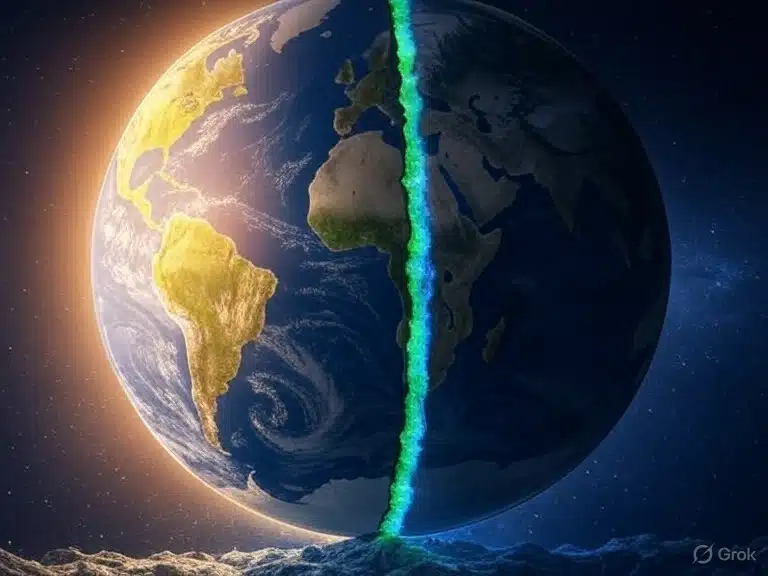
Oceans on the Move
A slower rotation would also disrupt ocean circulation. Currently, Earth’s spin drives currents that distribute heat and nutrients. If this balance breaks down, vast parts of the ocean could stagnate, killing marine life.
Additionally, the redistribution of water caused by weakened centrifugal force could flood coastal regions. Oceans would slowly creep toward the poles, drowning some cities while leaving equatorial zones drier.
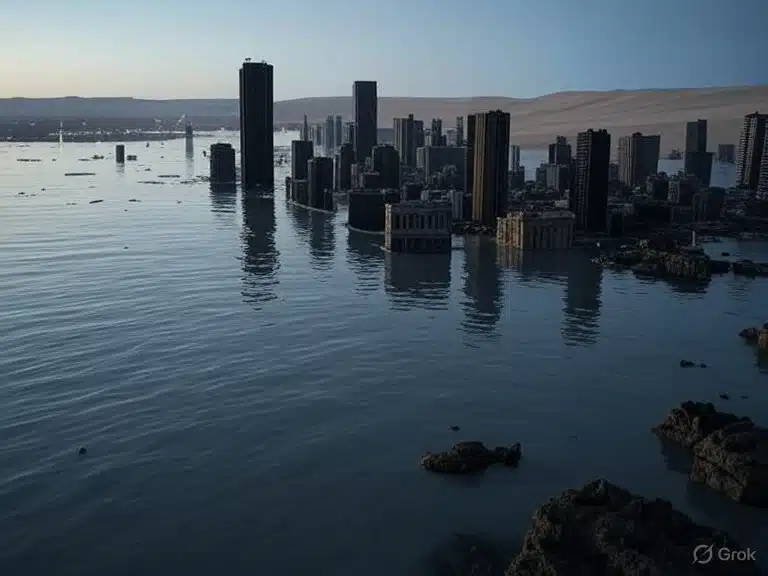
Gravity Would Change
Earth’s rotation slightly reduces the force of gravity at the equator due to centrifugal force. If the planet rotated slower, this effect would weaken, making gravity feel stronger. You would weigh a little more, particularly near the equator.
Although the difference would be small—just a few percent—it could impact infrastructure, construction, and even sports. Long-distance runners and astronauts in training would feel the change most.
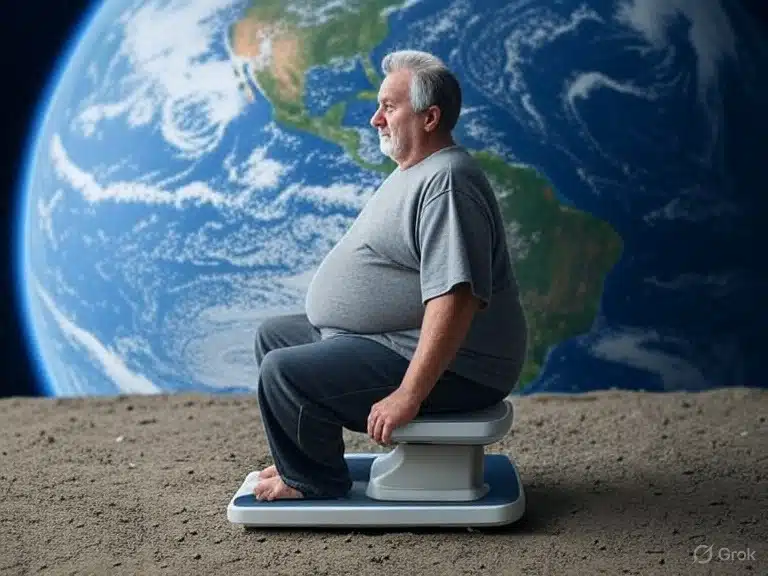
Magnetic Field Weakening
The Earth’s magnetic field is generated by the motion of molten iron in its core, partly influenced by rotation. A slower spin might weaken the magnetic field, leaving us more vulnerable to solar radiation and cosmic rays.
Without strong protection, satellites, power grids, and communication networks could face frequent blackouts. Increased radiation could also lead to higher cancer risks for humans.
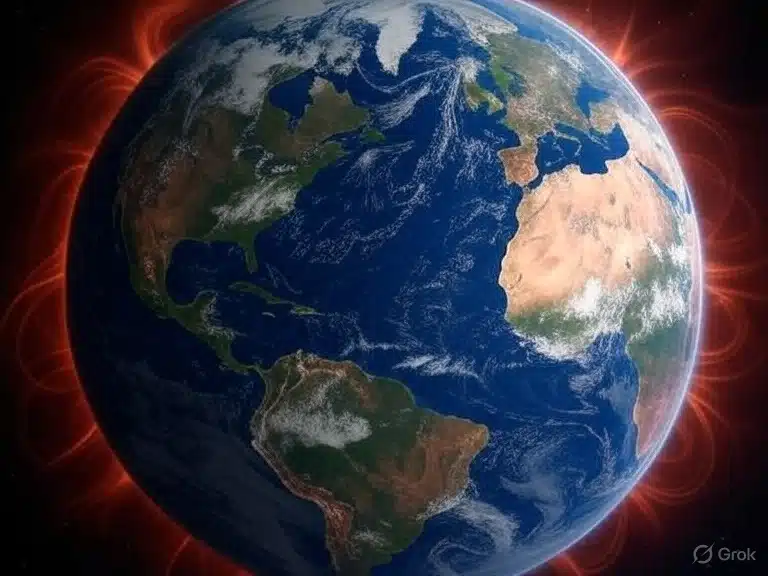
Human Survival and Adaptation
If such a dramatic slowdown occurred, survival would depend on innovation. Humanity might build massive domes with artificial lighting and climate control to protect against extreme conditions. Farming would need to move indoors, powered by technology.
Nations may relocate populations toward the twilight zones, triggering mass migrations and possible conflicts over habitable land. A new type of global cooperation—or competition—would shape civilization’s future.
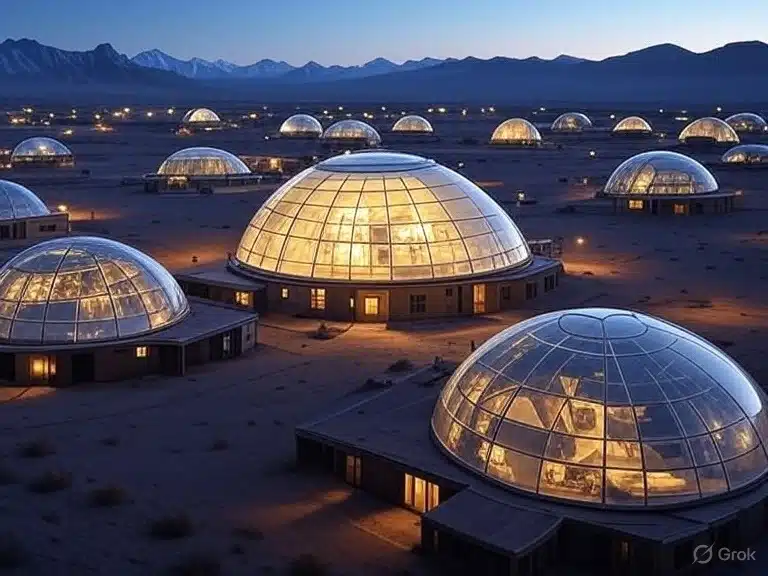
Conclusion
Earth’s 24-hour rotation isn’t just a random feature—it’s the foundation of life as we know it. Slowing it down would throw ecosystems, climate, and human society into chaos. The delicate balance that keeps our world stable reminds us just how finely tuned our planet is for life.
The good news is, scientists say such a slowdown is not happening anytime soon. But imagining it helps us appreciate the fragile harmony of our planet—and the importance of protecting it.

